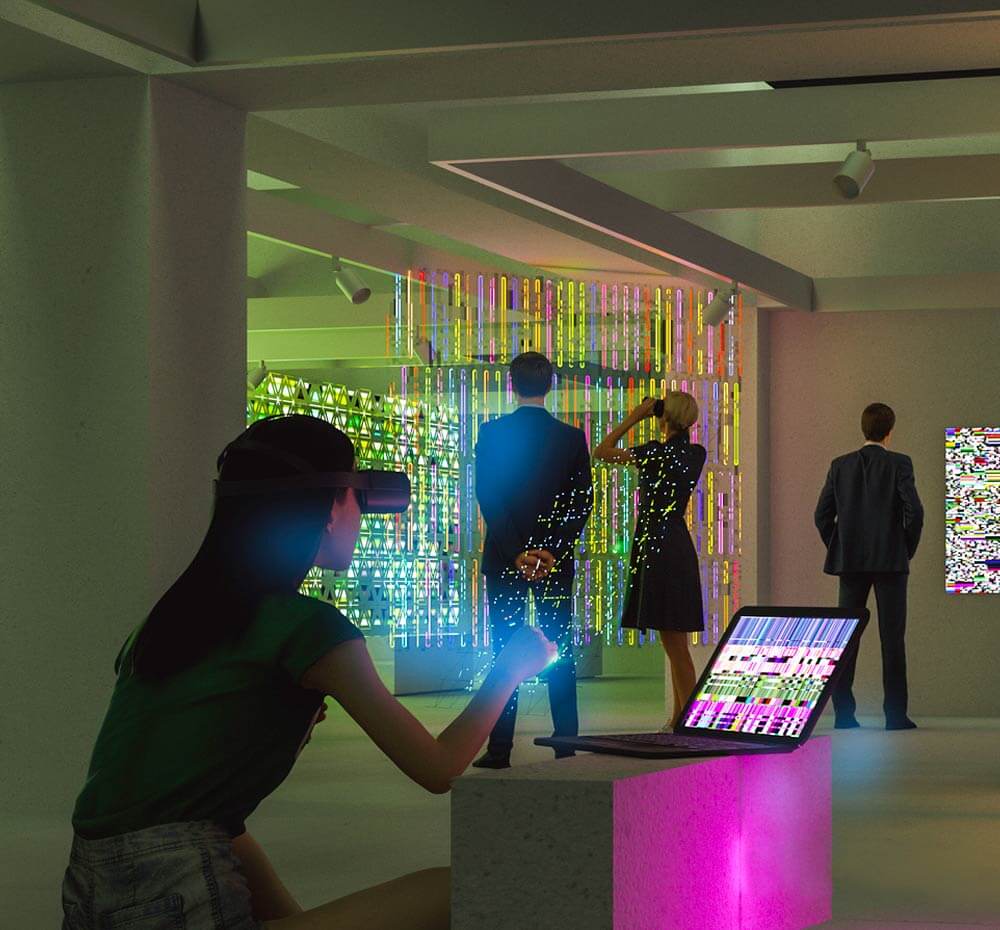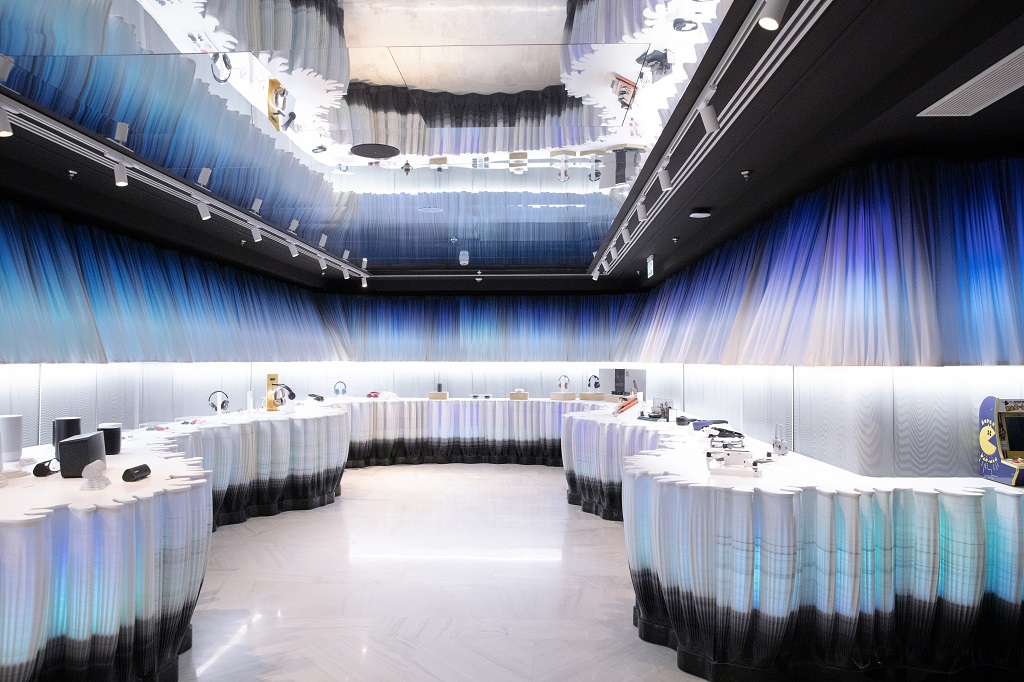Introduction
In a world where brands look for more profound and meaningful connections with their audience, experiential marketing has emerged as a powerful tool.
However, what exactly does an experiential marketing agency do and what is the difference with other agencies? In this article, we will explore these agencies’ core functions and how they differ from traditional event agencies.
What an experiential marketing agency does
An experiential marketing agency is focused on creating and designing experiences that connect emotionally with the public. Its objective is to establish a lasting bond between the brands and its consumers through the creation of unforgettable experiences.
Some of the main activities that an experiential marketing agency carries out are:
• Design of immersive experiences: From live events to brand activations, these agencies design experiences that encourage audience participation. The key is to make the attendees not only spectators, but active participants.
• Storytelling: They use storytelling techniques to engage attendees with a story that resonates with the brand's identity. Storytelling is a key ally in getting the message deep into the hearts of the audience, creating a powerful and lasting connection.
• Technology and multimedia: They incorporate innovative technologies such as virtual reality, augmented reality and other digital solutions to enrich the user experience. These tools not only surprise, but also enable deeper and more personalized brand-audience interaction.
• Sustainability and responsibility: A leading experiential marketing agency is also concerned about the environmental impact of its activities. It prioritizes the reduction of the footprint generated by its events and implements social, economic and environmental initiatives aligned with its sustainable purpose.
Differences with other marketing agencies
Experiential marketing agencies, such as 4foreverything, differ from traditional event agencies in several ways:
• Central focus on the public: While traditional event agencies are focused on planning and executing the event, experiential marketing agencies are putting the public at the center of their strategy. Each detail is designed thinking about how the attendees interact and feel, making them not only see the brand, but live and feel it.
• Emotional bonds creation: These agencies plan actions whose main objective is to generate an emotional connection between brand and the public, or between co-workers, in the case of conventions or actions for employees. These experiences are designed to be memorable and to encourage a lasting relationship.
According to Harvard studies, the affinity with a brand is the key decision factor for 95% of buyers, which highlights the importance of the connection.
• Constant innovation: Experiential marketing agencies are at the forefront in the use of new technologies and trends, always looking for innovative ways to surprise and captivate their audience.
• Integral experiences: These agencies go beyond just organizing events. They strive to build a complete experience that spans from the first interaction to the follow-up after the event, ensuring consistency and memorability at every step.
Conclusion
Experiential marketing agencies play a crucial role in creating experiences that not only engage, but also excite and connect consumers with brands. Unlike traditional event agencies, these agencies place the audience at the center of their strategy, constantly innovating and taking into account the emotional impact of each of their activities. In an increasingly competitive market, this ability to create emotional bonds can be the key to long-term success.
















